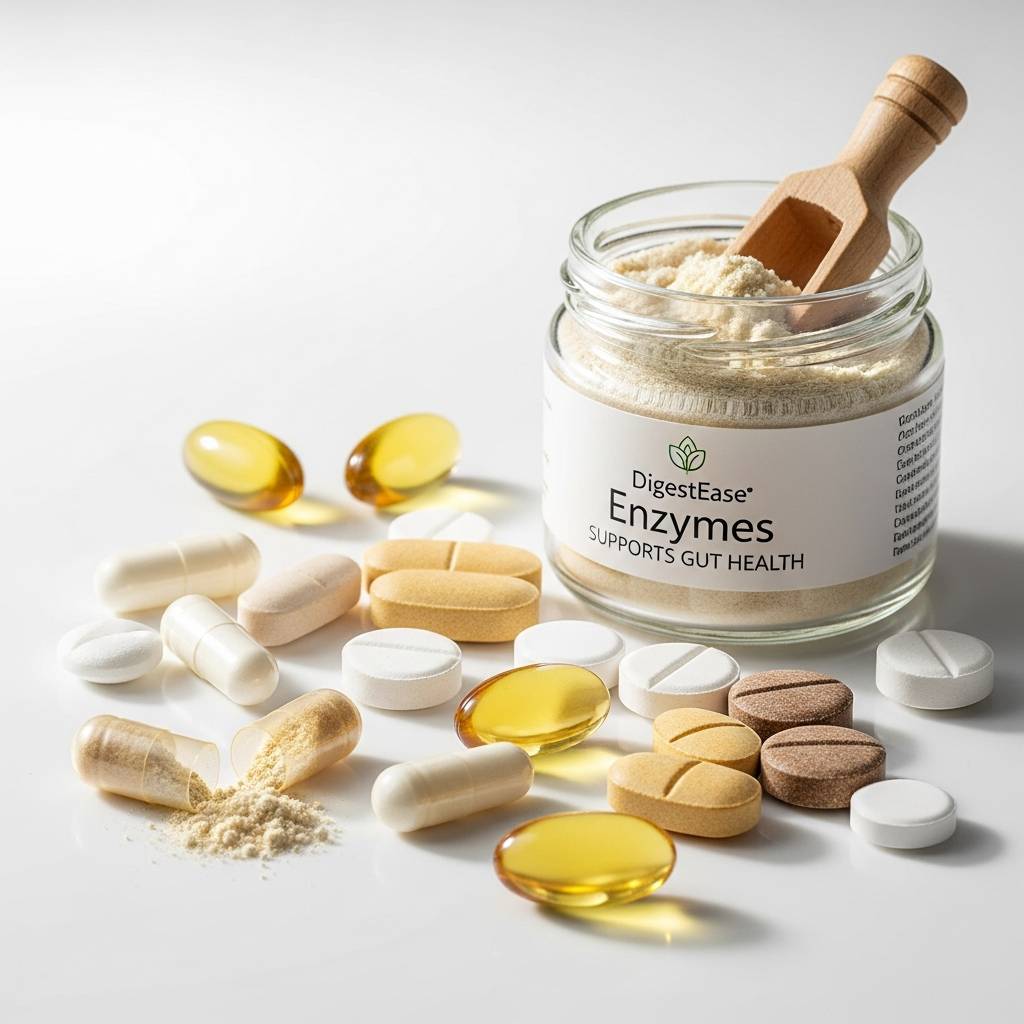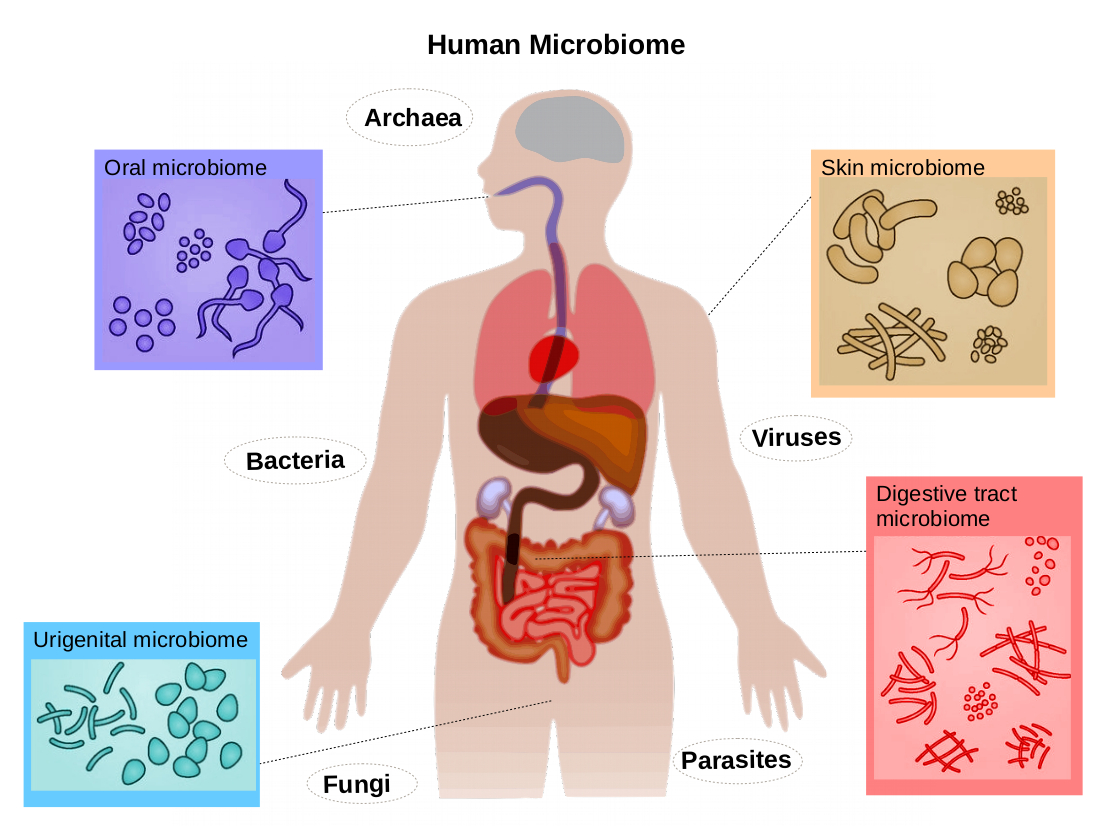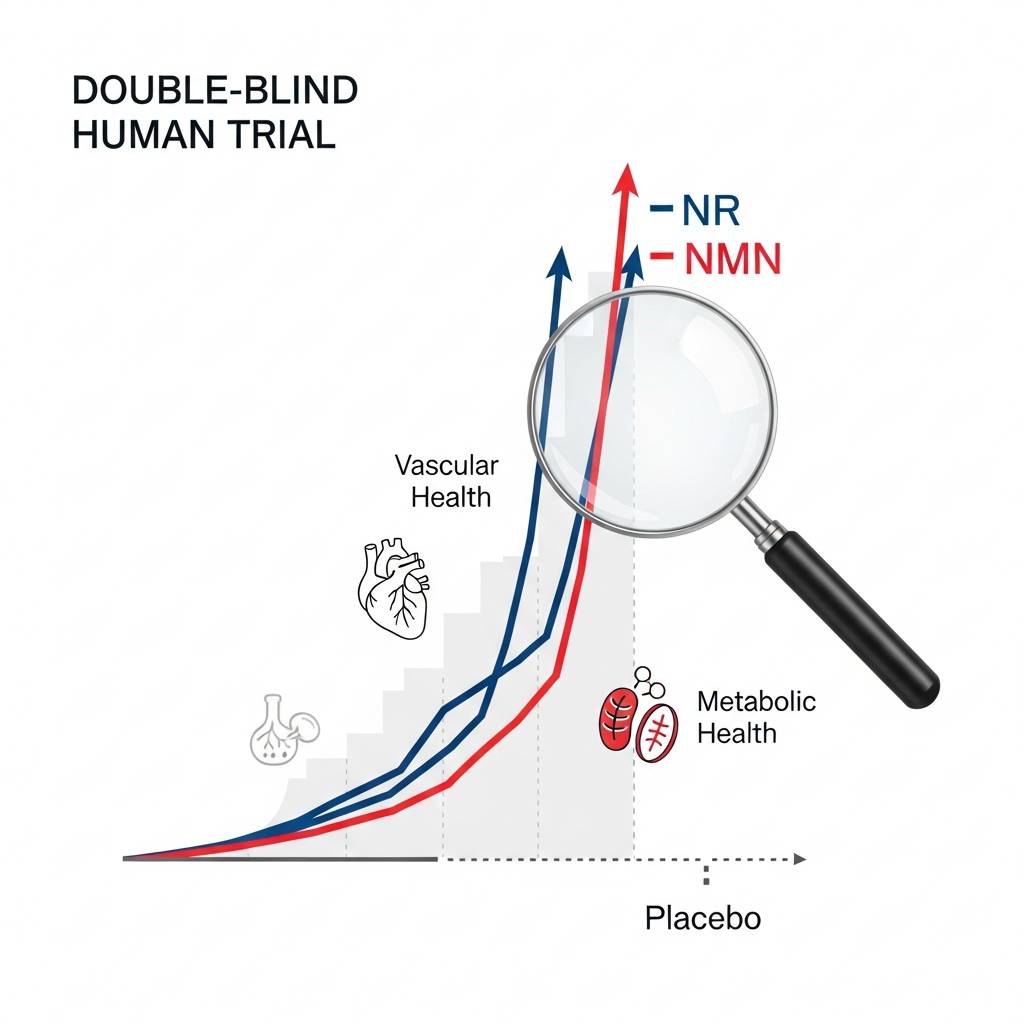In our fast-paced modern world, stress has become more than an occasional inconvenience—it’s now a persistent challenge that many people silently face every day. Whether it's triggered by work pressures, personal responsibilities, or the continuous digital noise, chronic stress can have profound effects on both mental and physical well-being. Fortunately, nature offers powerful tools to help us restore balance.

Here are five natural stress relief methods that are not only backed by science but also practical enough to incorporate into your daily life.
1. Mindful Breathing and Meditation
One of the simplest yet most effective methods of reducing stress is deep, mindful breathing. Unlike the automatic, shallow breaths we often take during moments of anxiety, conscious breathing activates the parasympathetic nervous system—the “rest and digest” response.
Why it works:Deep breathing lowers cortisol levels (the primary stress hormone) and increases oxygen delivery to the brain, promoting clarity and calm. Regular practice of meditation or breathwork can rewire stress response patterns, making you more resilient over time.
How to start:Begin with 5 minutes a day. Inhale slowly for 4 seconds, hold for 4, exhale for 6. Use apps like Calm or Headspace, or follow guided videos if you’re a beginner. You don’t need a quiet room or yoga mat—just a commitment to pause.
What people often ask:"Will meditation make my mind go blank?" Not at all. The goal is to observe, not silence, your thoughts. It’s about awareness, not perfection.
2. Adaptogenic Herbs and Natural Supplements
Adaptogens are a unique class of herbs known to help the body adapt to stress by regulating hormones and supporting adrenal health. Popular options include Ashwagandha, Rhodiola Rosea, Holy Basil, and Ginseng.
Why it works:Adaptogens interact with the HPA (hypothalamic-pituitary-adrenal) axis to help normalize cortisol levels. They don't work like caffeine with a sudden jolt—instead, they build systemic resilience gradually.
Common concerns:"Are they safe?" For most people, yes—but quality matters. Choose third-party tested supplements and consult your doctor if you’re on medication.
How to integrate:Add adaptogenic powder to your smoothies, or take them in capsule form daily for a few weeks to see noticeable effects.
3. Physical Activity: Movement as Medicine
While it's well-known that exercise improves mood, not all forms are equally helpful for stress relief. Activities like walking in nature (a.k.a. forest bathing), yoga, tai chi, or even moderate dance are especially beneficial.
Why it works:Movement boosts the release of endorphins and dopamine—neurochemicals that enhance mood and reduce pain. It also helps “burn off” excess adrenaline accumulated from stress.
Real-life application:Instead of high-intensity workouts that might spike cortisol further, try a 20-minute walk outdoors daily or follow a gentle yoga routine in the evening.
User dilemma:"What if I have no time?" Remember, even 10-minute bursts throughout the day count. It's about consistency, not duration.
4. Aromatherapy and Essential Oils
Scent has a direct pathway to the limbic system—the brain’s emotional control center. That’s why certain smells can instantly soothe or uplift us.
Effective oils:Lavender, bergamot, chamomile, ylang-ylang, and frankincense are known for their calming properties.
Why it works:Inhaling calming scents can reduce heart rate, lower blood pressure, and improve sleep quality—all indicators of reduced stress.
How to use:Diffuse essential oils in your room, add a few drops to your pillow, or carry a roll-on blend in your bag for on-the-go relief.
Caution:Always dilute essential oils when applying to skin and choose pure, therapeutic-grade products.
5. Journaling and Expressive Writing
Putting thoughts into words can be a powerful release. Expressive writing helps untangle emotional clutter and provides clarity, especially during times of mental overwhelm.
Why it works:Writing slows down racing thoughts, increases self-awareness, and fosters problem-solving. Studies show that people who journal regularly report lower levels of anxiety and better sleep.
What to write:Start with simple prompts like “What made me feel anxious today?” or “What do I need to let go of?” Don’t aim for literary perfection—honesty matters more than grammar.
Bonus tip:Combine journaling with gratitude listing—end your entry by writing down 3 small things you're thankful for. Over time, this reframes your mental patterns toward optimism.
Stress may be inevitable, but chronic overwhelm doesn't have to be your norm. These five natural methods—rooted in both ancient traditions and modern science—offer sustainable ways to support your nervous system, elevate your mood, and reclaim a sense of inner calm.
Remember, it's not about finding a one-time fix, but developing a lifestyle that consistently nurtures your mind and body. Start small, stay consistent, and choose the methods that resonate with your own rhythms.






